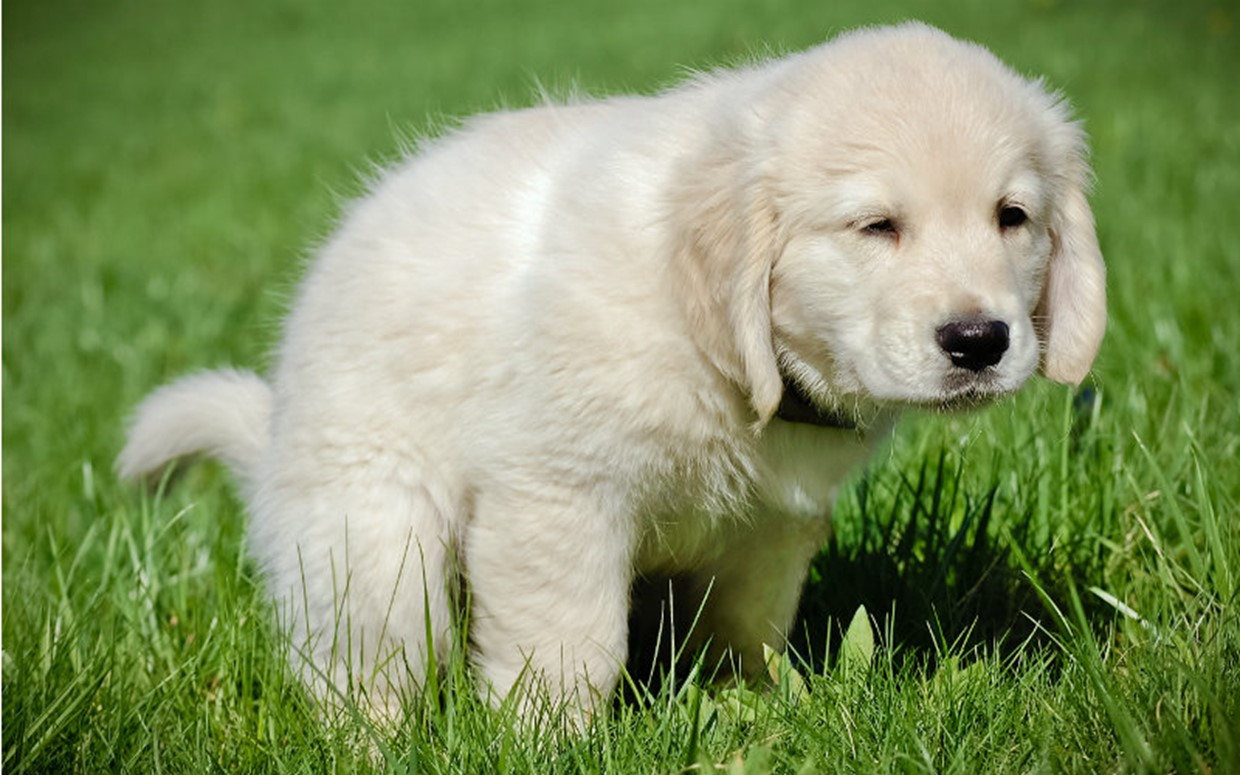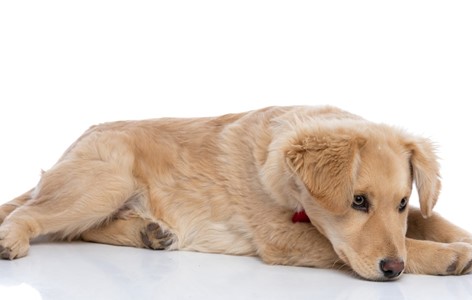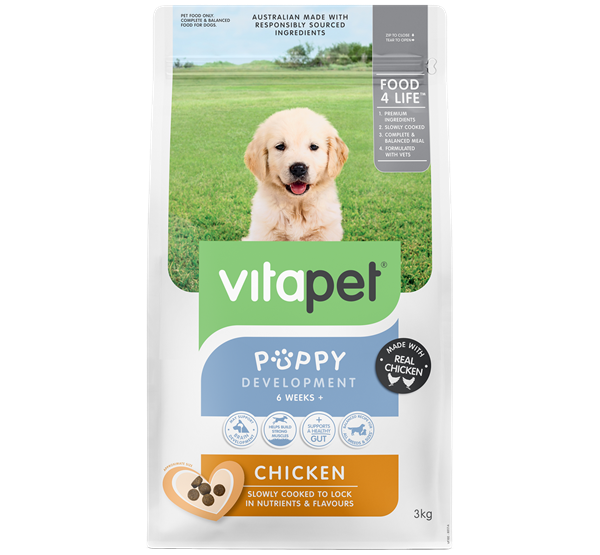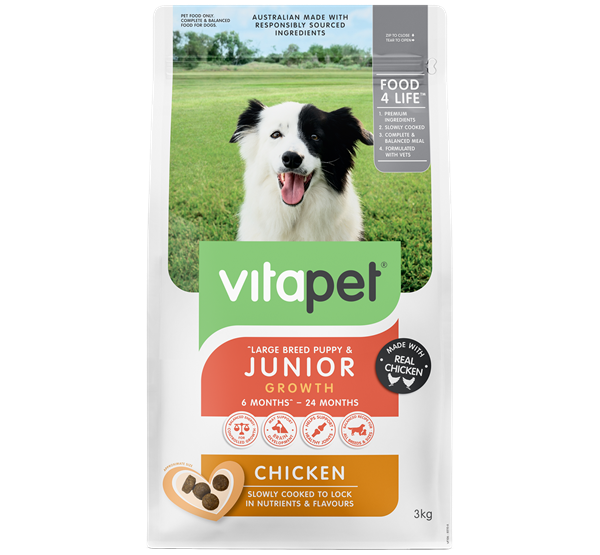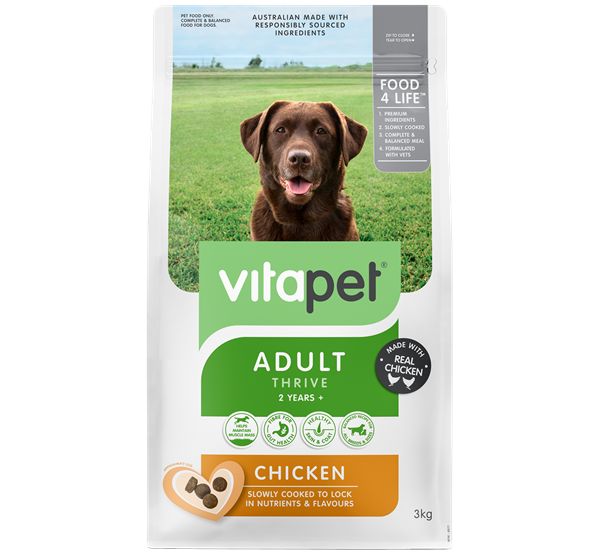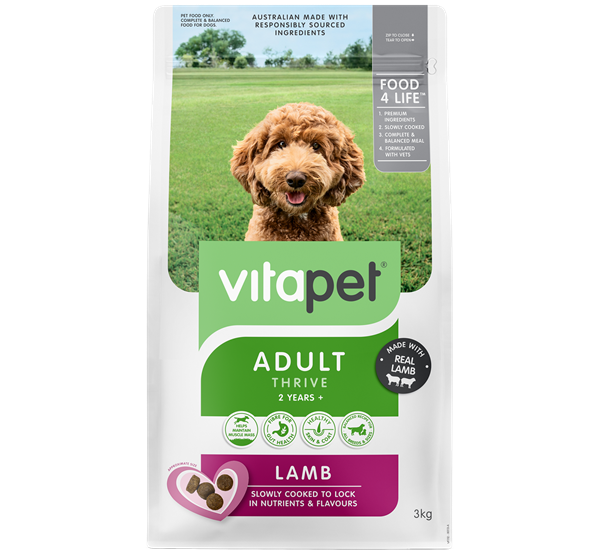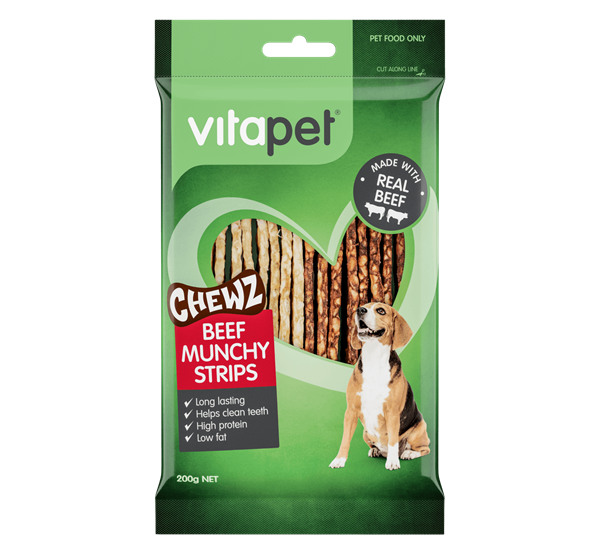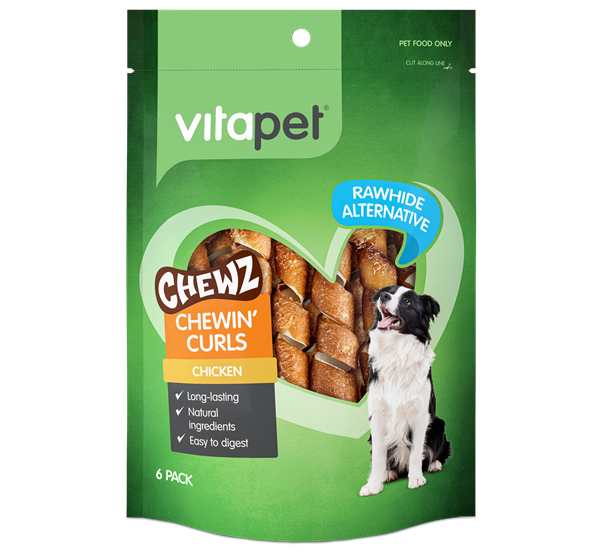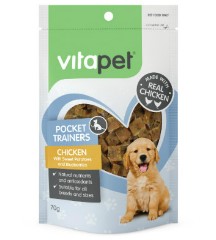Cute, adorable, always up for a cuddle and with faces that make our hearts melt, our four-legged friends are an absolute joy to have in our lives, so we happily put up with, well, picking up their poo.
Our pup’s poos tell us a lot about their physical wellbeing, so doing what we can to make sure it’s as perfect as can be goes a long way for your fur mate’s health and happiness. Here’s what you can do to help.
1. Feed a premium diet
Ever notice how you’ll feel way better after opting for a delicious but healthy meal over ordering another online delivery of greasy fast food or – heaven forbid – a midnightly stop in at the kebab shop? Well, your dog’s no different.
Premium dry food diets contain higher quality ingredients compared to many of the cheaper alternatives found at the supermarket. If your dog is eating kibble containing a lot of low-nutrient ingredients, they’ll be harder to digest. As a result, a higher proportion of the food will end up as waste in your dog’s… you know where.
If your pooch is fed poor quality diets often, they’ll need to go to the toilet more often, and their poos will tend to be less consistent. Put simply, you’ll be picking it up more often and what you are picking up may be a little... sloppy.
Premium dog foods tend to be highly digestible, so you don’t need to feed as much, and more food is absorbed by their gastro-intestinal system, resulting in smaller and firmer stools – if that doesn’t sound like a win-win.
2. Stop feeding table scraps
When their adorable faces and pleading eyes are staring at you enjoying your dinner, it can be hard to say no and not slip them a little sliver. However, dogs with highly varied diets and fast dietary changes tend to also suffer from varied and inconsistent stools. This can mean that sometimes they are too firm, making them strain to defecate (constipation) and sometimes they become too soft (diarrhoea).
You might love to try new and exotic cuisines, but it’s important to remember that your dog won’t be able to stomach it (literally).
3. Avoid bones
It’s a tale as old as the friendship between dogs and humankind; they love chewing down on a bone and we love throwing them one. But letting them mindlessly chew may actually not do them any good.
When dogs chew, they have very little side-to-side movement of their jaws, so the huge shearing forces placed on bones when chewed can cause fractures of the major chewing teeth (carnassials)1. These tooth fractures also occur in wild dogs and wolves2,3, which can be life-threatening in animals relying on hunting for their survival.
Aside from that, bones can block up your furry friend, contributing to constipation, which is painful (as you might know from personal experience). This can go as far as your mate needing treatment via an enema, which may require a general anaesthetic.
4. Transition slowly
Whilst we may drop bad diet choices cold turkey your pooch needs to go through a more gradual transition, so it’s best to make any diet change over five to seven days.
Your best bet is to slowly increase the proportion of the new food while phasing out the old one.
This allows the digestive system to get used to new ingredients slowly, therefore preventing unexpected, smelly surprises the next day.
So remember, helping your pooch have perfect poos with the steps above won’t just make cleaning up after them a whole lot easier, it will also give you a strong indicator that your dog’s digestive system is in tip top shape. That’s a win for all parties involved.
Tip: If problems persist be sure to contact your local vet as soon as possible.
Sources
1. Soltero-Rivera M, Elliott MI, Hast MW et al. Fracture Limits of Maxillary Fourth Premolar Teeth in Domestic Dogs Under Applied Forces.Front Vet Sci. 2019;5:339.
2. Losey RJ, Jessup E, Nomokonova T, Sablin M. Craniomandibular trauma and tooth loss in northern dogs and wolves: implications for the archaeological study of dog husbandry and domestication.PLoS One. 2014;9(6):e99746.
3. Steenkamp G, Gorrel C. Oral and dental conditions in adult African wild dog skulls: a preliminary report.J Vet Dent. 1999;16(2):65–68.











